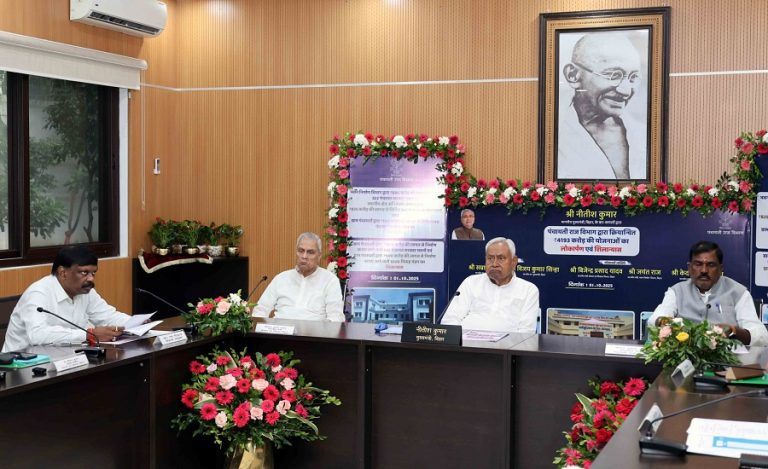The Supreme Court of India on Thursday delivered a landmark judgment reinstating Ms. Pinky Meena, a woman judicial officer from a Scheduled Tribe community in Rajasthan, who had been discharged from service over non-disclosure of past employment. The Court underscored the need for greater representation of women in the judiciary, stating it would significantly enhance the quality of judicial decision-making.
Also Read: Supreme Court Grants Full Pension to All High Court Judges, Ends Disparity
The verdict was delivered by a bench comprising Justice B.V. Nagarathna and Justice S.C. Sharma, who noted that non-disclosure of a prior government job—in this case, Ms. Meena’s role as a Grade-II teacher in the Rajasthan Education Department—did not warrant such a harsh penalty.
“In the considered opinion of this Court, the appellant has been awarded capital punishment for a minor irregularity (omission),” the bench observed, criticizing the disproportionate action taken against her.
Ms. Meena had applied for the Rajasthan Judicial Service and was appointed in February 2019. However, based on a private complaint, the Rajasthan High Court initiated disciplinary proceedings under Rule 16 of the Rajasthan Civil Services (Classification, Control and Appeal) Rules, 1958, and discharged her from service in May 2020.
Writing the judgment, Justice S.C. Sharma emphasized the need for increased diversity and inclusivity in the judiciary, noting that it enables the legal system to better reflect and respond to various social contexts. “Greater representation of women in the judiciary would greatly improve the overall quality of judicial decision-making,” he remarked.
The Court acknowledged Ms. Meena’s personal journey, stating, “The appellant has shown great perseverance by fighting societal stigmas and gaining a rich education that will ultimately benefit the judicial system and the democratic project.”
With this ruling, the Supreme Court directed that Ms. Pinky Meena be reinstated as a permanent judicial officer, affirming both her individual merit and the broader institutional value of diverse representation in the judiciary.




























